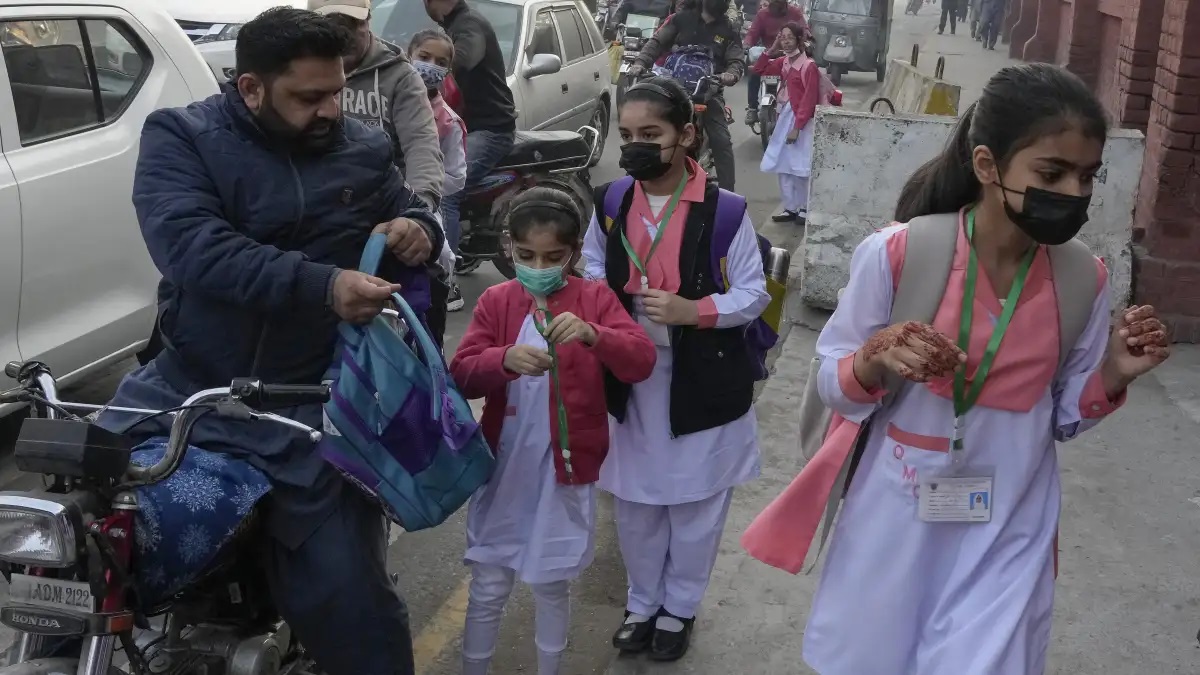 |
|
The Supreme Court of India has once again highlighted the critical issue of air pollution in Delhi and its surrounding National Capital Region (NCR). The court's decision to postpone the reopening of schools for two more days underscores the severity of the situation and the urgent need for effective measures to address the ongoing public health crisis. The postponement, while seemingly a minor delay, reflects a larger pattern of inadequate implementation of environmental regulations and a lack of accountability from relevant authorities. The court's sharp criticism of the Delhi government and other agencies reveals a deep concern about the insufficient response to the escalating air pollution levels. The court's order to await further data on the Air Quality Index (AQI) before making a final decision on school reopenings emphasizes a data-driven approach, prioritizing the health and safety of students and the wider population.
The Supreme Court's condemnation of the Delhi government's performance in implementing Stage IV of the Graded Response Action Plan (GRAP) is particularly noteworthy. The GRAP outlines a series of measures to be taken at different levels of air pollution severity. The court's assertion that the Delhi government failed to adequately enforce the guidelines between November 18 and 23 exposes a significant gap between policy and practice. The lack of proper enforcement, as evidenced by the court commissioners' report, highlights a systemic failure in implementing crucial pollution control measures. This failure has significant consequences, extending beyond the inconvenience of school closures to the broader issue of public health and environmental protection. The court's statement about the ineffective implementation of restrictions on trucks entering Delhi points to a critical oversight in controlling one of the major sources of pollution in the city.
The report from the court-appointed commissioners paints a grim picture of the current state of pollution control efforts. The commissioners' findings, detailing inadequate checks, insufficient personnel at checkpoints, and a lack of effective barriers, reveal a widespread lack of preparedness and commitment to enforcing the regulations. The description of policemen attempting to stop trucks by jumping into moving traffic not only highlights the chaotic nature of the enforcement but also points to a potential safety hazard for both the policemen and other road users. The commissioners' observations underscore the need for a coordinated and robust enforcement mechanism that involves all relevant agencies, with sufficient personnel and resources to effectively implement the existing regulations. The lack of coordination and resource allocation is a major factor contributing to the ineffectiveness of the pollution control measures.
The Supreme Court's strong reaction, including the threat of legal action against the Delhi Police Commissioner and other officials, underscores the gravity of the situation. The court’s decision to potentially involve the Commission for Air Quality Management (CAQM) in initiating cases against responsible officials demonstrates a serious attempt to hold individuals accountable for their failures. This step is crucial to ensure that future pollution control measures are implemented effectively. The court's actions serve as a strong warning to all concerned agencies, emphasizing the need for a proactive and responsible approach to managing air pollution. The court's intervention is not merely a reactive response to a crisis, but rather an attempt to establish a system of accountability and enforcement that will prevent future occurrences of similar environmental failures.
The ongoing debate surrounding school closures highlights the complex interplay between public health, education, and environmental concerns. While the immediate concern is the health of students exposed to high levels of air pollution, the prolonged closures also have educational and societal consequences. The situation in Delhi necessitates a comprehensive and multi-faceted approach that addresses not only the immediate crisis but also the underlying systemic problems that contribute to chronic air pollution. This requires a commitment from all stakeholders, including the government, law enforcement agencies, and individuals, to adopt sustainable practices and implement effective pollution control measures. Only through a concerted effort can Delhi address this persistent environmental crisis and ensure a healthy and safe environment for its citizens.
Source: Can schools reopen in Delhi-NCR amid air pollution? This is what SC said on AQI today
